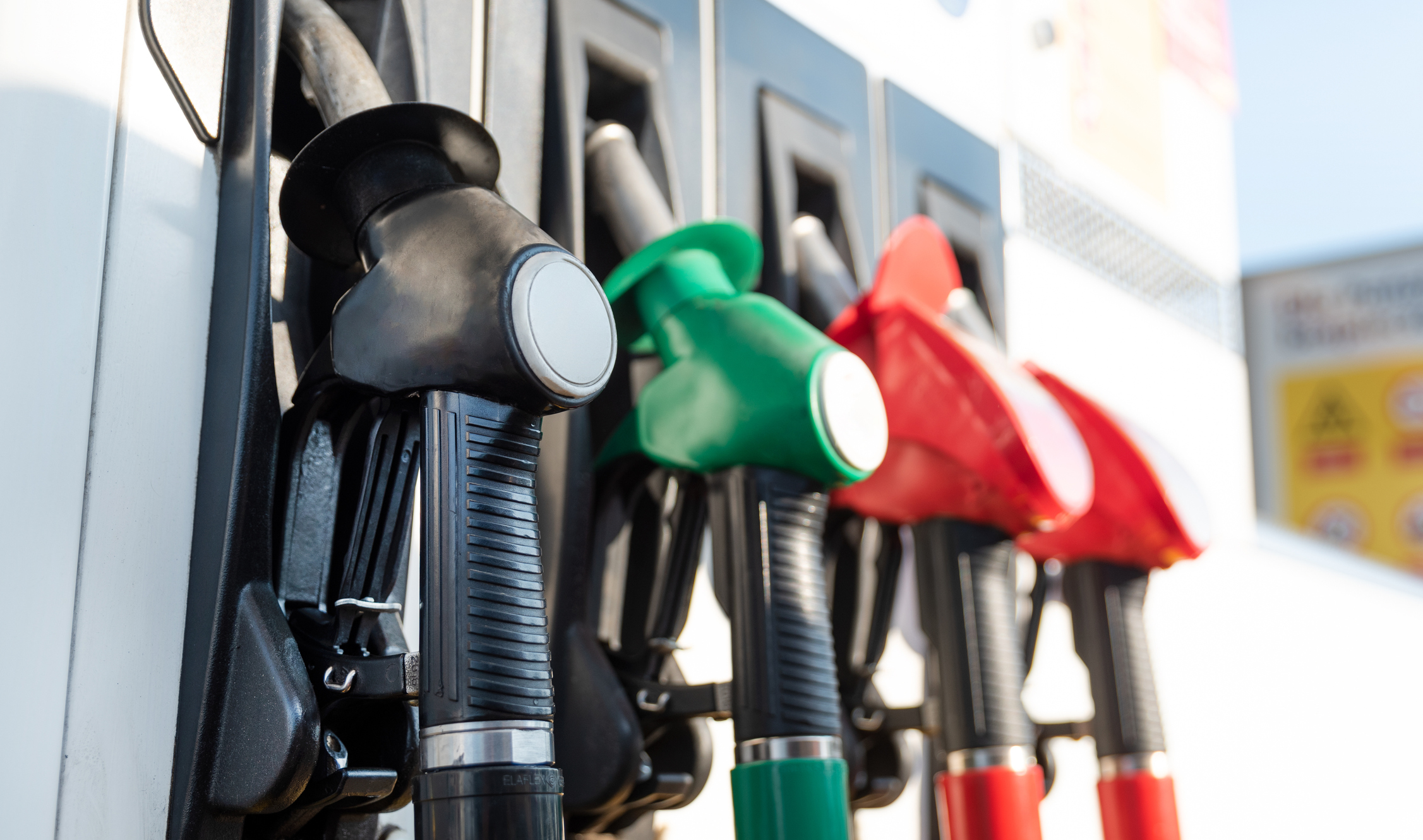In the intricate dance of mechanical symphony that comprises a vehicle, the fuel system stands out as a crucial conductor, orchestrating the harmonious flow of energy from the gas tank to the engine. Yet, like any maestro faced with discordant elements, this system is vulnerable to catastrophic missteps—particularly when it comes to unwelcome intruders that can wreak havoc within the gas tank.
Imagine your gas tank as a pristine reservoir, a crystal-clear lake reflecting the surrounding landscape. Now, envision introducing a toxic element into that serene environment. The impact is immediate and devastating. Certain substances are akin to dropping boulders into that tranquil lake, sending ripples of destruction coursing through your vehicle’s lifeblood: the fuel system.
When it comes to the worst things to put in a gas tank, the list begins with water. Often underestimated, this seemingly innocuous liquid can corrode metal components and disrupt the combustion process. Water seeps into the gas tank, settling at the bottom where it can cause rust and fuel contamination. This contamination can lead to poor engine performance and, ultimately, a mechanical failure that could leave you stranded.
Next on the list is ethanol, which, while commonly found in many fuels, can be detrimental when mixed in excessive quantities. High levels of ethanol can absorb water, increasing the risk of corrosion and fuel separation. Imagine ethanol as the well-meaning, albeit reckless, friend who stirs the pot of chaos without realizing the damage they’re causing. It can mislead unsuspecting drivers into thinking it boosts efficiency while simultaneously wreaking havoc upon the internal components.
Over time, the effects of water and ethanol introduce vulnerability, but the real nightmare begins when we discuss despotic blends of chemicals—namely, gasoline with additives or foreign substances. Fuel mixed with substances like diesel, soap, or improper fuel additives can initiate a formidable storm on the horizon. Diesel fuel, for instance, is an imposter in the gasoline world, a ruse that can sabotage not only the fuel pump but also the entire fuel system. The results are dire: clogged injectors, damaged fuel pumps, and a costly visit to the mechanic.
Yet, the spectrum of atrocity doesn’t end there. Introducing oil—or more specifically, engine oil—into the gas tank is like inviting a venomous snake into your garden. At first glance, it may seem harmless or even helpful, but it’s an act of betrayal with repercussions far worse than one could imagine. Engine oil dilutes the fuel and coats critical components, leading to sluggish performance and significant issues down the line. It’s a deceptive alliance that quickly unravels into chaos.
Now, consider the impact of using leading edge technology to make a grave mistake: fuel injector cleaning solutions. These potent formulas seem like the antidote to dirt and sludge. Yet when misapplied or added to the fuel tank rather than the dedicated cleaning chamber, they can chemically react with the fuel and create a gunky residue that clogs fuel lines and injectors. This is akin to using a flamethrower to light a birthday candle—overkill that leads to simultaneous destruction.
As if the potential peril from misuse of cleaning solutions isn’t enough, let’s examine the dark side of creativity—gasoline laced with additives that are not designed for automotive use. Products like solvents, paint thinner, and even alcohol are common culprits. These fuel impersonators can cause the fuel mixture to destabilize, resulting in performance issues that can escalate into engine knocking. It’s like introducing a foreign dialect into a conversation—it confounds and disrupts the flow of communication, or in this case, the combustion process.
Furthermore, let’s not forget about the prevailing phenomenon of improvised fuel sources during times of crisis—home-blended fuels. What appears to be an ingenious solution can quickly devolve into tragic folly. Mixing different fuels or using expired petrol introduces a plethora of risks to the vehicle. Think of it like playing alchemist without a proper understanding of chemistry; outcomes can be volatile and unpredictable.
In reviewing these hazardous substances, it becomes clear that fuel systems are sensitive ecosystems. Here, one misstep can lead to disastrous consequences, necessitating immediate remediation and an often costly repair. The health of your vehicle’s fuel system isn’t merely a matter of convenience—it’s the difference between a well-tuned machine mastering the road and an engine languishing in despair.
Preventing fuel system damage requires diligence, knowledge, and a prudent choice of fuel. Remember, just as one cannot put water in a gas tank without consequence, every choice counts. The purity of every drop matters. A well-maintained vehicle is a joyful companion, carrying its driver as smoothly as a boat gliding through reflection-rich waters, while a compromised fuel system is an anchor, dragging the vehicle—and potentially its owner—down to the depths of mechanical despair.
Ultimately, when it comes to your vehicle’s fuel system, be vigilant and educated. Choosing fuels that protect the integrity of your vehicle is vital. A sanctuary for your vehicle, the gas tank deserves the purest of offerings, ensuring that every journey you take is smooth, efficient, and—above all—a safe one.
